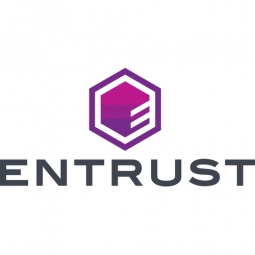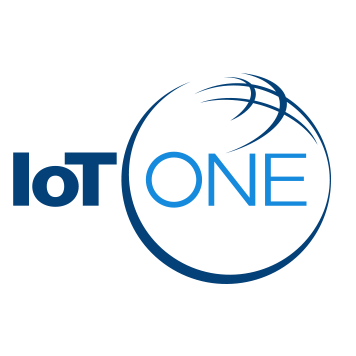Entrust
SECURING A WORLD IN MOTION
Overview
|
HQ Location
United States
|
Year Founded
1994
|
Company Type
Private
|
Revenue
$10-100m
|
|
Employees
1,001 - 10,000
|
Website
|
Company Description
Entrust Corp., formerly Entrust Datacard,[2] provides financial institutions, national governments, corporate enterprises and other organizations with technologies to establish trusted identities and conduct highly secure transactions.
IoT Snapshot
Entrust is a provider of Industrial IoT cybersecurity and privacy technologies, and also active in the automotive, and transportation industries.
Technologies
Use Cases
Industries
Services
Technology Stack
Entrust’s Technology Stack maps Entrust’s participation in the cybersecurity and privacy IoT Technology stack.
-
Devices Layer
-
Edge Layer
-
Cloud Layer
-
Application Layer
-
Supporting Technologies
Technological Capability:
None
Minor
Moderate
Strong

Supplier missing?
Start adding your own!
Register with your work email and create a new supplier profile for your business.
Case Studies.

Case Study
Entrust Works with Microsec to Enhance V2X Communication Safety
With various types of vehicle-to-everything (V2X) communication have been developed to meet the different use cases and scenarios, the security underpinning these communications needs to be consistent and effective across the full spectrum of V2X communications.Until recently, V2X communication has been based primarily on the ITS-G5 protocol, a dedicated short-range communication (DSRC) standard using WiFi signals. During the data exchange, each party or device needs to verify their permissions.Challenges in sumary:Commercial:Deploy the Cooperative Intelligent Transport Systems (C-ITS)Implement and offer secure, standardized solution for vehicle-to-everything (V2X) communicationTechnical: Secure creation and management of millions of digital certificates and keys

Case Study
Novacoast Gains an Advantage for its Security Intelligence and Response Business
A Minnesota casino wanted to replace their player’s club reward card printers. The company’s existing printers required employees to change the card stock type each time a new rewards-level card needed to be printed. Additionally, the printers were aging and continually breaking down, and the casino wanted to streamline its card issuance process and not be tied to using custom printer software.







